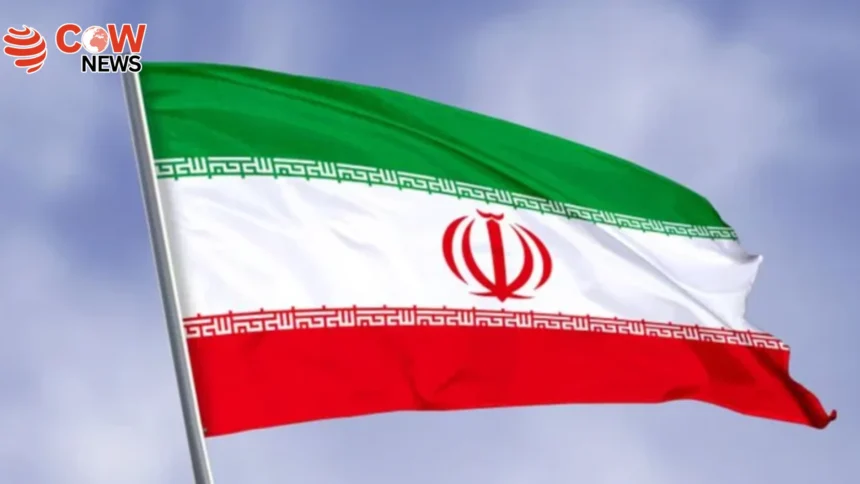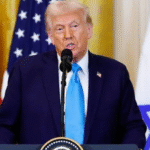Tehran (TheCOWNews Digital)Iran has categorically ruled out participating in any ceasefire negotiations while under attack, informing regional mediators Qatar and Oman of its position. According to a report by Reuters, Iranian officials have communicated their firm stance, rejecting any diplomatic engagement amid ongoing Israeli strikes.
An unnamed senior Iranian official, speaking to Reuters on Sunday, said Iran will only consider serious negotiations after it has fully responded to Israeli military aggression. “Until Israel stops its attacks, there will be no talks,” the official stated.
The decision comes as tensions between Iran and Israel have reached a critical level following a series of deadly missile exchanges. Both nations have launched major air and missile strikes in recent days, raising fears of a full-scale regional war.
Iran’s response comes amid efforts by Qatar and Oman—both known for their neutral diplomatic roles in the Middle East—to broker a temporary ceasefire and resume broader negotiations. However, Tehran has denied reports suggesting it requested these nations to facilitate talks with the United States for either a truce or the revival of the 2015 nuclear deal.
“These reports are inaccurate,” the Iranian official clarified, emphasizing that Iran’s message to mediators was solely focused on rejecting any talks while under attack.
The Iranian Foreign Ministry, along with the Qatari Foreign Ministry and Oman’s Ministry of Information, declined to comment on the matter when contacted by Reuters.
Iran’s tough stance was solidified after intense Israeli airstrikes on Friday morning, which prompted Tehran to cancel a previously scheduled sixth round of nuclear negotiations with Washington. The cancellation has cast further doubt on the future of diplomatic engagement and nuclear diplomacy.
Experts suggest Iran’s refusal to engage in talks during active conflict marks a strategic shift, reinforcing its demand for retaliation before diplomacy. Analysts also view Iran’s rejection of mediation as a sign of growing mistrust in the peace process, especially as casualties rise on both sides.
With both Iran and Israel ramping up their military operations, regional instability continues to grow. Diplomatic channels remain limited, and the risk of broader conflict is higher than ever, with world powers closely watching the evolving situation.







